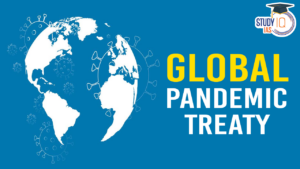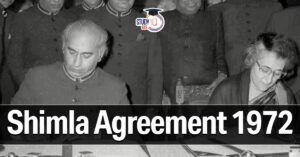Context: Dani Rodrik, in his paper “How Far Will International Economic Integration Go?” introduced the concept of the political trilemma.
What was the Core Proposition?
Countries can only simultaneously achieve two of the following three goals:
- International economic integration (globalisation)
- Nation-state (sovereignty)
- Mass politics (popular democracy)
How Rodrik’s Political Trilemma Remains Relevant Today
Rodrik’s political trilemma remains highly relevant because the fundamental conflict between globalisation, democracy, and national sovereignty is clearly visible in today’s world:
- Backlash Against Globalisation: In the US, UK, and Europe, free trade and open markets boosted economies but created winners and losers.
- Job losses in manufacturing and rising inequality triggered anger among those left behind.
- Rise of Populism and Protectionism: Leaders like Donald Trump, Geert Wilders, and Viktor Orbán gained popularity by attacking globalisation, promoting nationalism, and calling for immigration controls.
- Erosion of Democratic Institutions: Economic insecurity and distrust in mainstream parties have weakened faith in democracy, leading to polarisation and extreme politics.
- Tensions Within the EU: The European Union tried balancing democracy, sovereignty, and globalisation, but resentment over lost sovereignty led to Brexit and the rise of far-right parties.
- Technocratic Governance Criticised: In developing countries like Kenya, public anger against IMF-driven austerity highlights the problem of economic decisions being made without popular consent.
- Trade-offs Unavoidable: Countries are still struggling to manage the trade-offs between the three goals. Those ignoring these trade-offs face social unrest, political instability, and economic stagnation.


 Global Pandemic Treaty, Objectives and K...
Global Pandemic Treaty, Objectives and K...
 Shimla Agreement 1972 to 2025: From Peac...
Shimla Agreement 1972 to 2025: From Peac...
 China's Salami Slicing Tactics
China's Salami Slicing Tactics





















